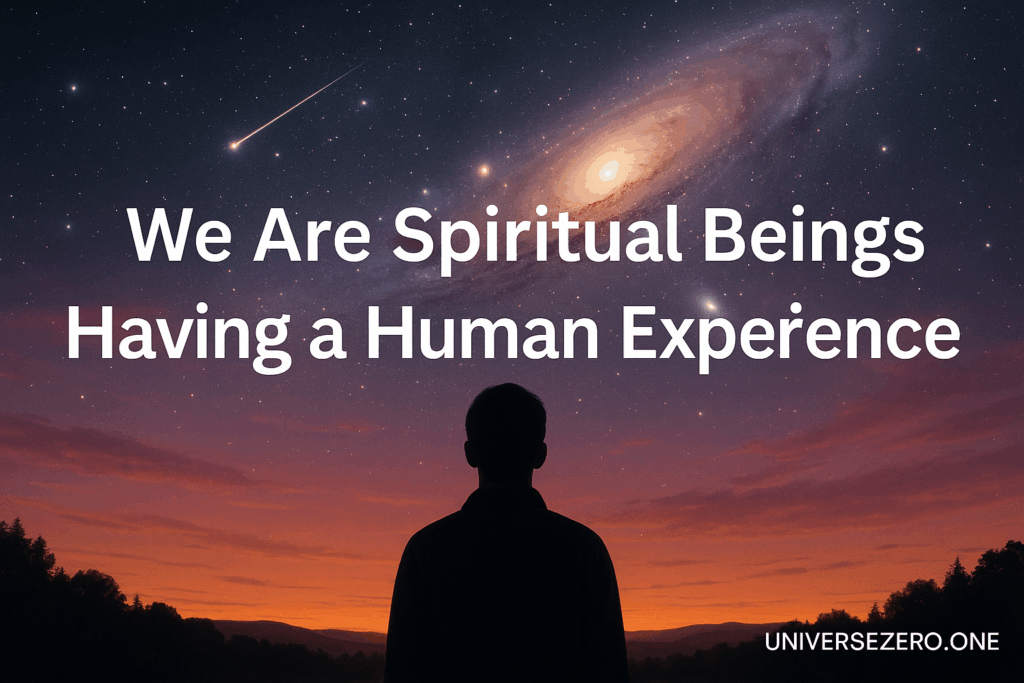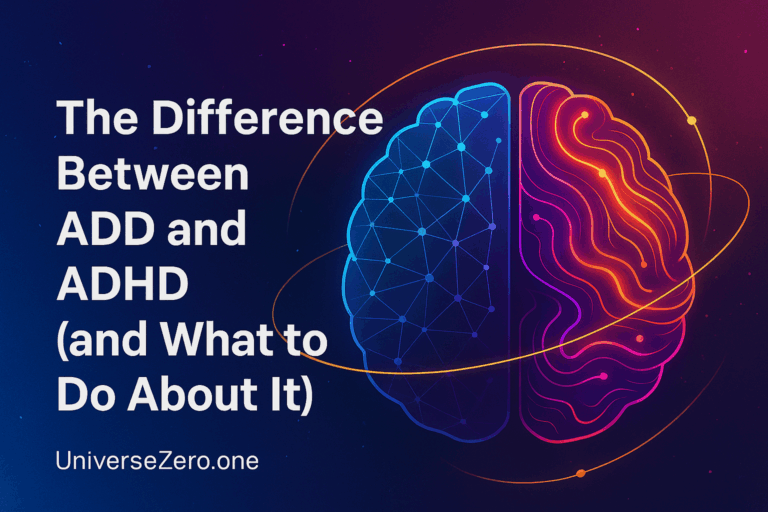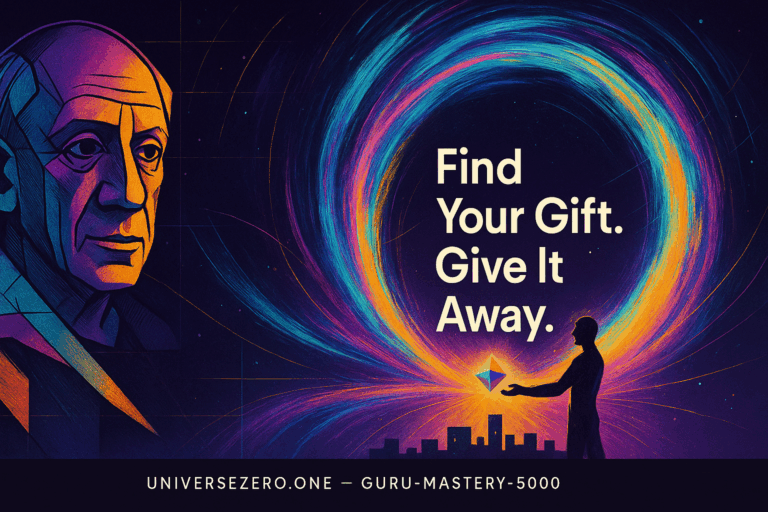The phrase lands like a koan: simple words, big implications. If we are spiritual beings having a human experience—not humans occasionally dabbling in spirit—then identity, purpose, and daily choices reframe instantly. Below is a clear, practical take on what that means and how to live it without drifting into vague mysticism.
What the statement actually claims
- Primacy of consciousness: Awareness is fundamental; body and biography are expressions or vehicles of it.
- Temporariness of form: Roles, wins, losses, and circumstances are transient contexts for growth.
- Direction of value: Experiences are not valuable because they last; they’re valuable because they shape the knower.
Why this view persists across cultures
- Universal intuition of “more”: People independently report moments—love, awe, grief, flow—where reality feels larger than measurement.
- Moral traction: Seeing others as spiritual centers pushes us toward dignity and responsibility, even when it costs us.
- Resilience math: If self ≠ circumstances, then pain is information, not finality—useful for surviving and learning.
How it changes daily life (without getting woo)
- Identity: “I am the one who notices.” Your job, body, politics, and past are important, but secondary to awareness itself.
- Purpose: Grow the quality of your attention and the character of your actions. Optimize for depth over drama.
- Time: Trade urgency for presence. If you are consciousness-first, rushing becomes optional; precision doesn’t.
- Relationships: Treat people as ends, not tools. See their fears and defenses as weather around a steady core.
- Work: Output matters, but the state you produce it from matters more. Craftsmanship is spiritual practice in plain clothes.
A skeptic’s corner (and solid answers)
Isn’t this just wishful thinking?
It can be. The antidote is behavior: honesty, self-discipline, service. If a belief doesn’t produce measurable kindness and clarity, downgrade it.
What about science?
This frame isn’t anti-science. It’s a lens about meaning. It asks what experience is for, not how neurons fire. Keep both.
Won’t detachment make me passive?
Healthy detachment isn’t indifference; it’s freedom from compulsion. It lets you act with steadier hands.
Practical ways to live it (five habits)
- Five breaths before you react. Train the witness. Let awareness arrive before the story does.
- Daily integrity audit. Where did I trade truth for comfort? Repair one thing today—call, apology, fix.
- Service rep: One small, invisible help per day. No credit taken. Builds spiritual muscle.
- Attention diet: Cut one cheap dopamine loop. Reinvest that attention in a hard, good thing (learning, craft, care).
- Mortality minute: Remember you will die. Not morbid—clarifying. It burns off trivia and leaves essentials.
Navigating pain with this frame
- Name it precisely: “I feel humiliation,” not “I’m ruined.”
- Extract the lesson: What capacity is this moment trying to grow—patience, courage, boundaries, humility?
- Transmute, don’t transmit: End the chain. Pain you metabolize becomes wisdom; pain you pass along becomes karma—for you and others.
Markers you’re on track
- Less drama, more depth.
- Quicker repairs after you mess up.
- Clearer “no,” warmer “yes.”
- Gratitude shows up uninvited.
- Beauty becomes louder in ordinary places.
Pitfalls to avoid
- Spiritual bypass: Using cosmic language to dodge concrete responsibilities.
- Guru outsourcing: Handing your agency to a teacher or trend. Guidance is helpful; sovereignty stays with you.
- Meaning inflation: Not every coincidence is a prophecy. Keep wonder and discernment.
A crisp mantra for the day
I am awareness. I choose character. I serve reality.
Closing
If you are a spiritual being having a human experience, then every scene—emails, workouts, arguments, invoices, sunsets—is curriculum. You don’t need a different life. You need a different relationship to the life you already have. Let attention be your craft, integrity your method, and love your measurable outcome.




